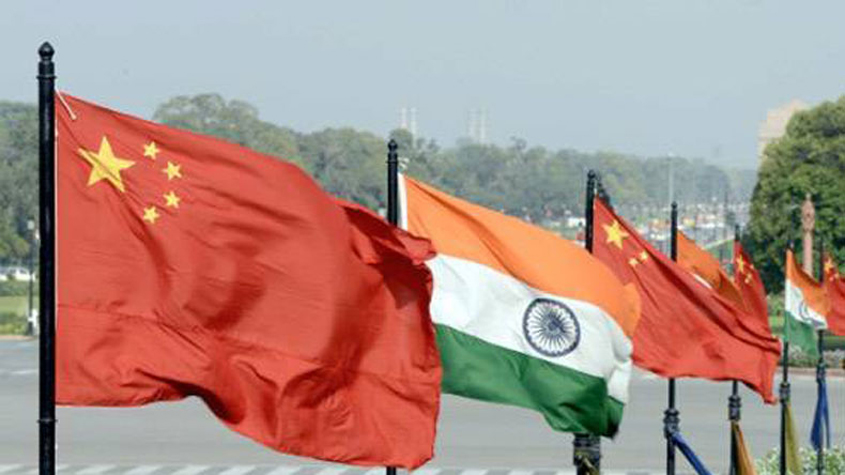Speaking to The Sunday Guardian, A.B. Mahapatra, chairman, CASS-India, said, “The list of the countries that are stuck in border disputes with China is too long. Mongolia, South Korea, Taiwan, North Korea, Afghanistan, Tibet, all have had troubles with China. In some instances, the dispute began after the country signed a border agreement with China. It is called the ‘inch-by-inch’ strategy, where the aim is not to obtain territory overnight, but gradually over 10-15 years.“
Quoting a few examples, Mahapatra said, “Both Tajikistan and Myanmar have suffered at the hands of expanding Chinese settlements into their regions by the local Chinese, who come on the pretext on trade, start to live in the regions which have been agreed upon as being undisputed border regions, but when Chinese presence increases, then China puts a claim on the land. In Tajikistan, Chinese nomadic people were used by China to make inroads into Tajikistan’s territory and China pleaded innocence when Tajikistan objected. It was only after Russia intervened that China retracted 5 km back to its earlier position. Similarly in northern Myanmar, China claimed a stretch of 200-250 km long as its own territory when the trade and social settlement in northern Myanmar had become dependent on the Chinese people who had started moving into Myanmar and marrying the locals.”
Mahapatra cited two other curious cases where China has created border disputes with its neighbours. For example, in the case of northern Vietnam, the border dispute began after the formal border agreement in 2000. The subject of dispute became the Red River which was used as a basis of the 2000 border treaty. “The Chinese geologists studied the river and then used stones and boulders to change its course in such a way that the river ate into Vietnamese territory. When Vietnam noticed the change in their annual geological survey, China concluded that since the river was the basis of the border treaty therefore, wherever the tributaries of the river go will be seen as Chinese territory,” said Mahapatra.
Similarly, Indonesia and China came at loggerheads when China laid claim on the Natuna Islands after the two countries started a trade and tourists exchange programme. “The Chinese found coins of Ching and Ming dynasties and made it the basis of their border claim that has made Natuna Islands a disputed territory now, “explained Mahapatra.
Former National Security Adviser Shivshankar Menon said on Friday that the India-China dispute in Doklam sector was likely to continue till the annual Congress of the Communist Party of China gets over in November.
“Don’t expect flexibility till the party Congress is over. No leader would like to come across as weak to the party Congress. So the continuation of the situation is expected till November,” Menon said at an interaction at the Foreign Correspondents Club in New Delhi.
Menon, who has also served as the foreign secretary, said the face- off was also a message from China that “Why are you in Bhutan? They don’t recognise your locus standi in Bhutan”.
Menon, who served as the country’s envoy to China, said the once prevalent global order had become stagnant and the reality of today’s time was multiple regional orders. He added that Iran did not view the development of Chabahar port as a “Chinese strategy”. “The Iranians would like to see it as an economic project and they would like India and Iran to co-exist,” the former National Security Adviser said.

